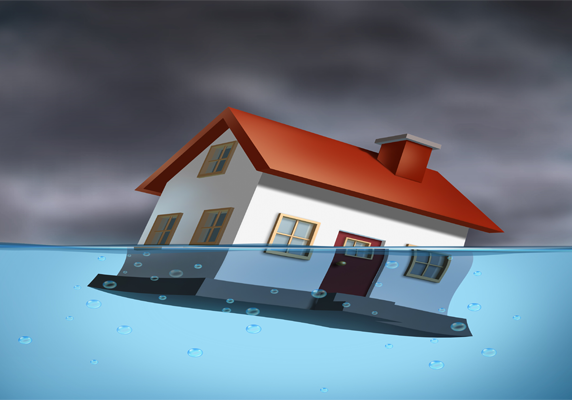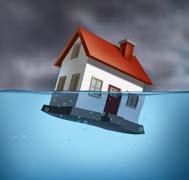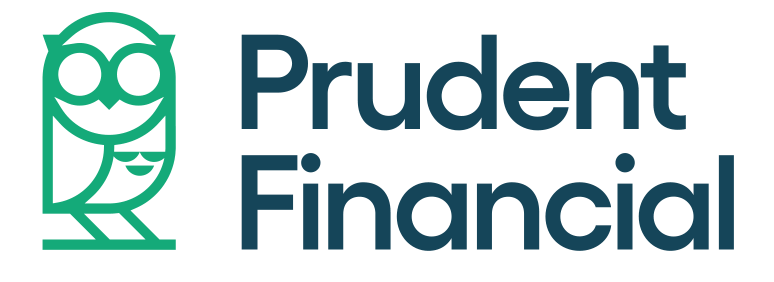
 Canadian consumer debt has climbed in the past decade, and as a result, thousands of Canadians are realizing that bankruptcy is a very valuable resource with regard to paying off debt. That being said, many are still concerned when it comes to their assets and wonder ‘if I file a bankruptcy, will I lose my home.’
Canadian consumer debt has climbed in the past decade, and as a result, thousands of Canadians are realizing that bankruptcy is a very valuable resource with regard to paying off debt. That being said, many are still concerned when it comes to their assets and wonder ‘if I file a bankruptcy, will I lose my home.’
One of the main purposes of the bankruptcy process is to give individuals who are overwhelmed by debt an opportunity for a fresh start – that does not mean going through and taking all possessions of value and selling them off. This includes, in many cases, your home. No one wants the added stress of moving out or losing their house because of bad debts. It may be reassuring to learn that you don’t automatically lose your home when you file for bankruptcy.
There are two main determining factors when it comes to your home and bankruptcy. These include the amount of equity you have in your home and your current cash flow and ability to manage your house-related payments, including your mortgage and utility payments.
Your home equity is the difference between the value of your home and what you owe on it. For example, if your home is valued at $300,000 and you have a mortgage of $275,000, you have $25,000 equity in your home.
In a bankruptcy, in order to keep your home, you need to pay out the equity in your home before the bankruptcy is complete. If you have no equity or negative equity (where the mortgage balance is greater than the value of the home), you can still keep your house due to the bankruptcy exemptions outlined for Ontario. If that equity is manageable, and you can still keep up with all other house-related payments, you are fine to keep it.
However, if you have significant equity that you could not conceivably pay, you may want to consider another option. If you have accumulated more equity than you can pay, there are other options that will allow you to keep your home, such as filing a consumer proposal.
Here are some other assets that are protected in bankruptcy:
- RRSPs
- Household furniture, utensils, equipment, food and fuel that are contained in and form part of your permanent home not exceeding $11,300 in value
- Tools and instruments ordinarily used by you in your business, profession or calling not exceeding $11,300 in value
- One motor vehicle not exceeding $5,650 in value
Bankruptcy can often be a very beneficial resource for those looking to climb out of the hole created by bad debts. The stress and strife caused by these debts can be significantly reduced or eliminated when this option works. Our only advice is this: don’t go directly to a trustee – get a financial consultation first, you may need help structuring your financial information or there may be other options available to you that are not as drastic.
For a financial consultation before heading to a trustee, or to discuss a few options, call Prudent Financial today. 1-888-852-7647.
